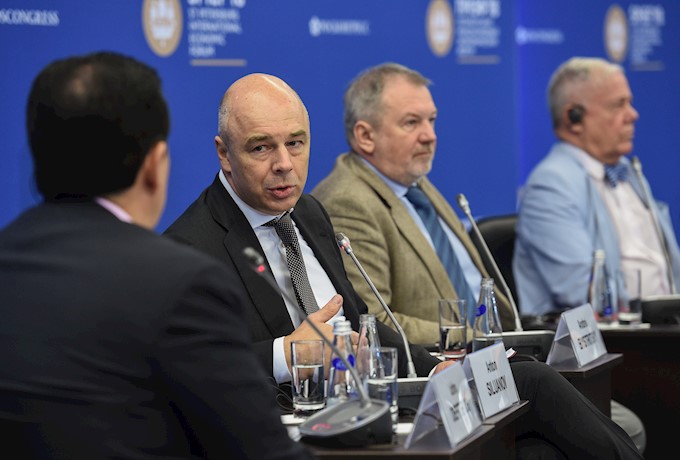
Turning Back the Clock: Political Rivalry vs Economic Interaction
Key conclusions
The process of global development is going through a period of uncertainty
“Much depends on governance and leadership at the state level. One person can change the course of history. We have common global attributes on many issues. This includes security and trade issues. But we need a certain framework in terms of political management and financial regulation. A certain unified mechanism needs to exist for resolving issues.” – Xavier Rolet, CEO of the London Stock Exchange in 2009–2017.
“We are entering a new era, where we are seeing a confrontation between the developed and the developing world. This implies the start of an economic and not just political confrontation. This confrontation threatens the existence of all international institutions created after World War II.” – John Defterios, Emerging Markets Editor for CNN.
Problems
The policy of protectionism and sanctions are leading the world economy to a dead end
“Along with positive changes, the negative factor is also growing – protectionism and restrictions on trade and the flow of capital. Functional changes are taking place in international organizations that were created to integrate and increase economic growth. Now we are seeing the opposite processes – restrictions and sanctions, first for one and then for another country. This encompasses the ever growing perimeter of the world's economies, and now we see that sanctions can extend to allies as well. The continued policy of protectionism and the introduction of measures of extraterritorial influence in order to give preferences to one’s own economy only leads to a dead end.” – Anton Siluanov, First Deputy Prime Minister and Minister of Finance of the Russian Federation.
Changes in the dollar’s monopoly is both a threat and an opportunity
“The U.S. dollar has owned the world for many years. Now, because of the actions of the United States, we have pretty much shot ourselves in the leg. China, Russia, and Iran are now offering currencies that compete with the dollar. The emergence of new institutions of power and new currencies is something that we will be encountering in the coming years.” – Jim Rogers, chairman of Beeland Interests Inc.
Solutions
Reformatting of the global economic system
“Recalibration is taking place at the global level. For the first time in the planet’s history, the world has common economic values. Countries that have historically evolved as capitalist countries are now compelled to compete with other rapidly developing countries. We are not returning to the Cold War paradigm. Recalibration allows us to forget about the past when the Western economy dominated, but I would say that this is a temporary paradigm, a temporary adjustment.” – Xavier Rolet.
Creation of new international institutions
“The interdependence of the world is so great that we lack global regulation with this power of connections. In relations between Russia, Iran, and China, we are seeing sprouts of new types of organizations of world government and new global legal relations. The current political tensions are dictated by fears about the inevitability of a future in which we will have to think about global regulation. The modernization of such institutions is inevitable.” – Andrei Bystritsky, Chairman of the Board of the Foundation for Development and Support of the Valdai Discussion Club and a Professor at the National Research University Higher School of Economics.
Reorientation to new sales markets
“China is our strategic partner. Each year we develop new economic ties and make new investments. This is a great prospect and a departure from the restrictions that others are trying to impose on Russia. [...] We are now taking measures to help individual companies. If we are told that a company is among the toxic ones with which nobody can do business, then the state should step in and back it up. The state will help companies that have found themselves in a difficult financial situation, but the sales markets of these companies are being reconfigured to new parts of the world, including in China.” – Anton Siluanov.
“I was the director of a Russian fertilizer company, and I can see that Russian companies are developing from the imposition of sanctions. U.S. sanctions push Russia and China closer to one another. History moves forward, not backward.” – Jim Rogers.
“There is a popular opinion among Chinese politicians that the Iranian economy will be very powerful in the long term. Businessmen in China believe this, and so China will continue to move towards Iran. [...] Ten years ago, trade between China and Russia was negligible. Today, China is the largest export market for Russia.” – Xu Sitao, Chief Economist and a Partner at Deloitte (China).
For more details go to the Roscongress Foundation Information and Analytical System’s website.








